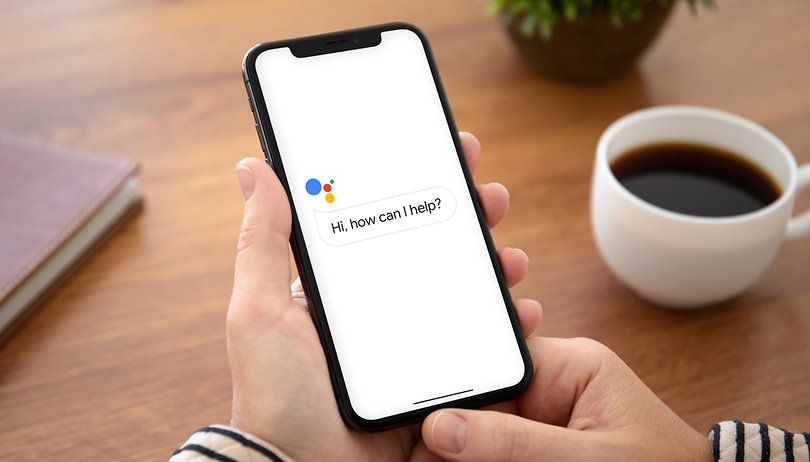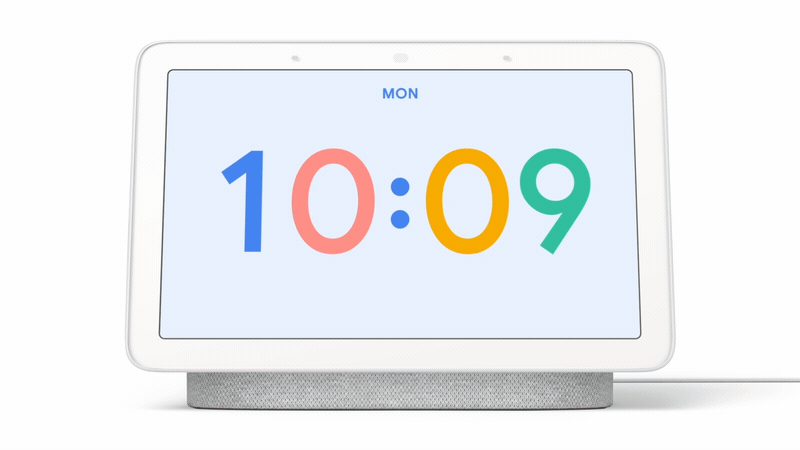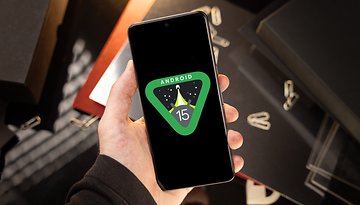Google brings de facto incognito mode to Assistant


Google has announced a new privacy-focused feature for its Assistant products called Guest Mode. The new mode, which can be activated with a simple voice command, works in a similar way to incognito mode on Chrome. Once activated, Google will not save any of its interactions with you or try to 'personalise your experience'.
As you well know, 'personalize your experience' is just the tech industry's way of saying 'collecting usage data so we can serve you targeted ads'. Therefore, Guest Mode will be an attractive option for those who are tired of being bombarded with ads for something they spoke to Assistant about once.
To turn on Guest Mode, you can say: "Hey Google, turn Guest Mode on." If you’re ever unsure whether or not you’re in Guest Mode, you can ask your device, "Is Guest Mode on?" There will also be a Guest Mode icon displayed on Google Assistant devices with a display, such as the Nest Hub and Nest Hub Max.
Guest Mode will stay on until you to turn it off by saying: "Hey Google, turn off Guest Mode". In theory, you could turn it on and stay in Guest Mode forever, giving smart home cynics the privacy peace of mind they have often criticised such speakers for denying them.
While in Guest Mode, you can use features such as asking questions, controlling smart home devices, setting timers and playing music still. Your smart speaker or smart display won’t give you personal results, like your calendar entries or contacts, until you turn the mode off though.
By default, Google doesn’t save your audio recordings. You can also ask Google Assistant to delete activity from your Google Account by saying things like "Hey Google, delete everything I said to you this week".

Google's suggested use cases made me smile
Guest Mode is a feature born out of growing pressure around how Big Tech handles and monetises the data we use to pay for the services we rely on. Let's not beat around the bush here, the bosses at Mountain View would rather you didn't use Guest Mode all that much, but I did allow myself a smile at the suggested use cases for the new feature.
In a blog post written by Philippe de Lurand Pierre-Paul, a Product Manager at Google, the story of how he was recently looking up new recipes to surprise his family with a nice New Year’s Eve dinner, but didn’t want those suggestions to appear on their smart display and spoil his plans, did make me smile. This is the equivalent of selling incognito mode on the premise of being able to buy gifts for your wife without accidentally spoiling the big surprise.
The name, however, gives us a clue as to why Google has gone out of its way to create such a feature. Lurand Pierre-Paul writes that Guest Mode can also come in handy when you have people over and you don't want their interactions with your device to be saved to your account. This, of course, also solves the problem of Google collecting data tied to your account that might not be coming from you. In a way, by removing these guest interactions, Google can increase the effectiveness of its 'personalisation' processes.
That's not to say this is a bad thing. As anyone who has ever let someone else have a go on their YouTube account will know, it can take months to clean up after a rogue session when it comes to Google recommendations.
Guest Mode is available from today on Google Nest speakers and displays. It is only available in English at the moment, but Google says it will be bringing it to more languages and devices in the next few months.
Source: Google



















